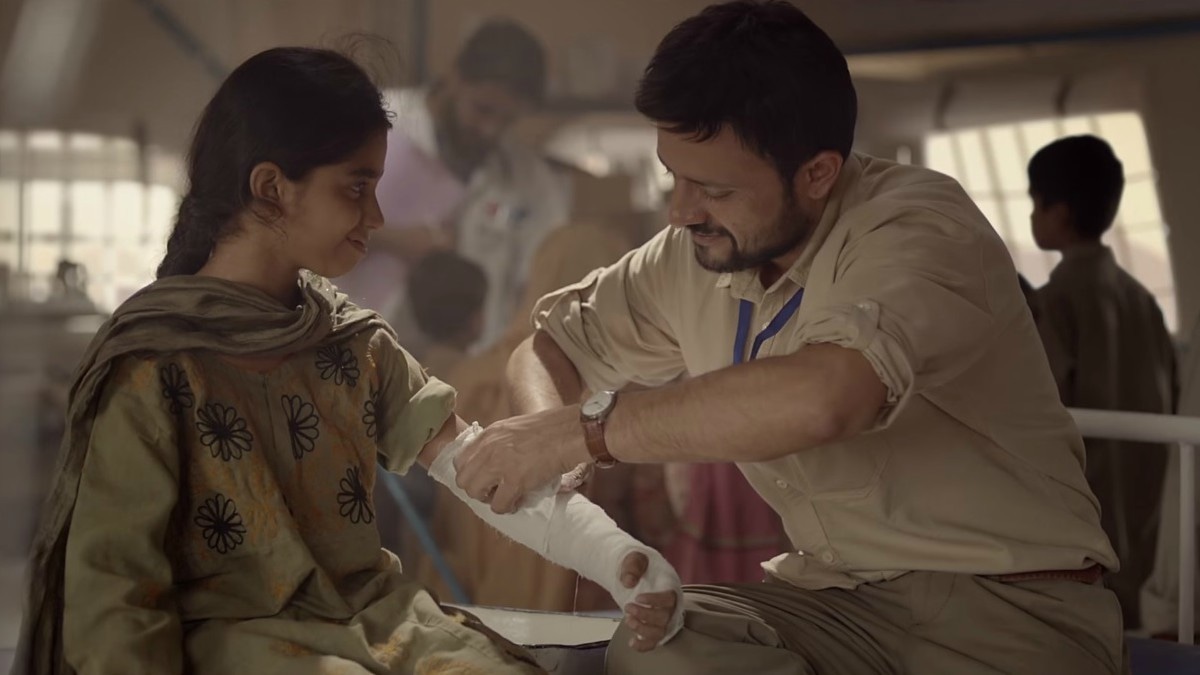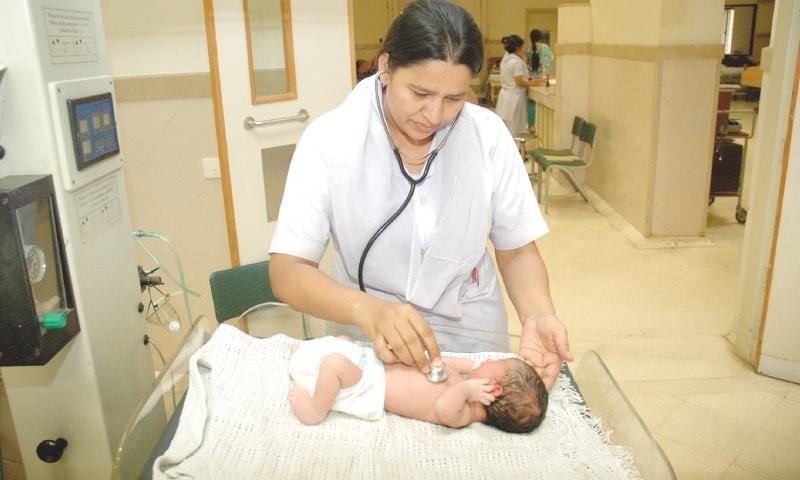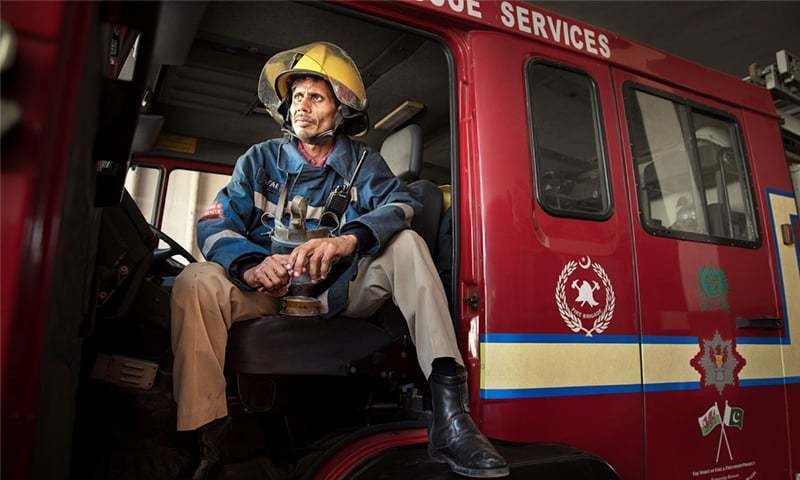Foster Father Called a ‘Hero’ Because He Only Takes In Terminally-Ill Children*
By Brianna Acuesta
This foster dad hasn’t had a day off since 2010

Mohamed Bzeek, Credit: Erika Aguilar
When it comes to fostering children, it’s already a rough process because of the unstable home life the children have and the constant change in parents. For the parents, it can be difficult assimilating the child to their new environment, rules, and schedule, let alone providing the emotional support that’s necessary for children that may have been through trauma.
For one foster parent in Los Angeles, Mohamed Bzeek, there are added challenges because of the types of foster children he takes in; he only accepts terminally-ill children that have exhausted their options because no other foster parents are willing to put in the time for these dying children. It’s understandable because the emotional strength that’s needed to deal with the constant sickness and eventual death are something that virtually no one can handle on their own, but Bzeek takes on the challenge with his huge heart.
“You have to do it from your heart, really. If you do it for money, you’re not going to stay for long,” Bzeek told PBS.
Bzeek has said that it’s his Muslim faith that has kept him going all these years but that his late wife, Dawn, is who inspired him to open their heart and their home to these special needs children. She became a foster parent before they married and was involved in toy drives and other activities to help the foster kids in Los Angeles county. It wasn’t until she fell ill herself a few years ago that she found herself frustrated and unable to care for herself or the children. She died in 2014 but Mohamed has kept their dream of helping abandoned children going.
Mohamed currently cares for a 6-year-old with a rare brain defect called encephalocele, which caused her to be born with a small head and for some of her brain to be exposed as it protruded from her skull. Doctors removed the brain matter and she was removed from her biological parents’ care at just 7 weeks old, at which point Bzeek took her in. She cannot hear or see and only responds to touch; she also experiences daily seizures and her arms and legs are paralyzed. He also cares for Adam, his own 19-year-old special needs child who was born with brittle bones and dwarfism.
The 62-year-old foster dad has buried 10 of the foster children he has taken in and he says each death is difficult but inevitable. The baby that he and Dawn took in at the beginning of their time together died when she was just one-year-old as a result of a spinal disorder she developed because her mother breathed in too many pesticides during her pregnancy. He has cared for several children with similar brain defects as his current foster daughter, and he says this condition is a life sentence.
“The key is, you have to love them like your own. I know they are sick. I know they are going to die. I do my best as a human being and leave the rest to God,” he said in an interview with the LA Times.
Near the end of last year, Bzeek discovered that he had colon cancer and needed surgery to remove tumors the following month. It was tough for Bzeek because he employs a nurse to care for the children while he works during the day and when he comes home he is constantly caring for his children. He says he hasn’t had a day off since 2010 and had no time to have the surgery and undergo the care afterwards, but he had to make arrangements and the surgery wound up being successful. Throughout the whole process, he didn’t have anyone to lean on for support.
“I felt about the kids who’s been sick for all their life. If I am adult, 62 years old, and I feel this, that I am alone, I am scared, nobody tells me it’s okay and it will be fine, this experience, this humbled me,” he told PBS.
 After reading about his story in the LA Times, one good samaritan reached out to Bzeek and wanted to help anyway that she can. She started a GoFundMe page for him so that he could improve his home for his children and hire a second nurse for whenever he needs a break and the fund has skyrocketed since then. As of this publishing, the fund has reached nearly $500,000.
After reading about his story in the LA Times, one good samaritan reached out to Bzeek and wanted to help anyway that she can. She started a GoFundMe page for him so that he could improve his home for his children and hire a second nurse for whenever he needs a break and the fund has skyrocketed since then. As of this publishing, the fund has reached nearly $500,000.
On the page, Margaret Cotts, the one who started the page, lists the things that Mohamed would like to use the money for. This includes fixing the roof, which has been extremely leaky for some time, getting central heating and air because his daughter’s brain doesn’t allow her body to regulate her temperature, buy a new wheelchair-accessible van because his current one is 14 years old, and pay for his son’s college education. If you would like to donate to the GoFundMe page to support Mohamed, you can do so here.
Related Topics:
Court Rules Baby Must Die, Even Though Parents Can Pay Out of Pocket*
Lawsuit Exposes State in Taking Kids from Parents and Heavily Drugging them with Psychotropics*
Parents Told Five Times to Abort Boy with ‘no brain’ – Now He’s a Thriving 4-year-old*
Tribal Parenting – How to Heal Our Children*
Child Rapist Tied Up and Beaten To Death by Women in India*
The Psychiatric Agenda Destroys Creative Children*





























